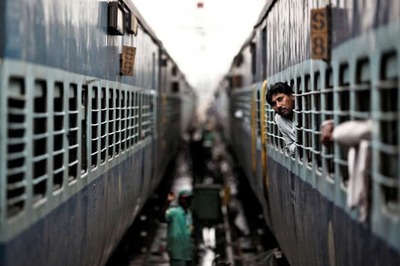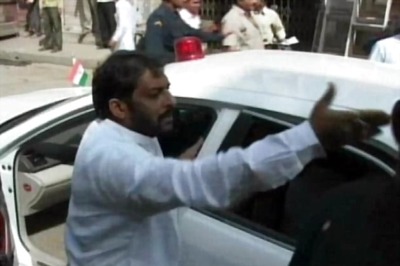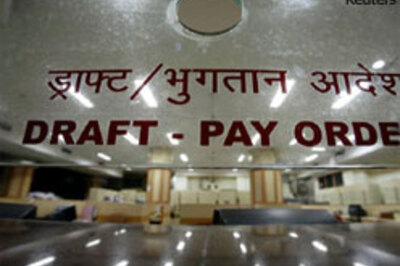
views
In a strong message to Pakistan, External Affairs Minister S Jaishankar on Friday said “actions have consequences” and that the “era of uninterrupted dialogue” with the neighbouring country had ended.
Speaking at a book launch event in the national capital, Jaishankar stressed that the relationship between India and Pakistan will be shaped by how events unfold, in an apparent reference to cross-border terrorism.
‘Article 370 is done’
“The era of uninterrupted dialogue with Pakistan is over,” Jaishankar said. He referenced the abrogation of Article 370, which granted special status to Jammu and Kashmir, saying, “So far as J&K is concerned, Article 370 is done.”
On whether India is content with continuing ties with Pakistan in their current state, he said, “Maybe yes or maybe no. What I do want to say is that we are not passive. Whether events take a positive or negative turn, either way, we will react.”
#WATCH | Speaking on Pakistan at a book launch event in Delhi, External Affairs Minister Dr S Jaishankar says, “The era of uninterrupted dialogue with Pakistan is over. Actions have consequences. So far as J&K is concerned, Article 370 is done. So, the issue is what kind of… pic.twitter.com/41ZSq9VQHs— ANI (@ANI) August 30, 2024
India’s Neighbourhood
During the event, Jaishankar also responded to criticisms of the country’s regional influence, noting that neighbouring countries often seek India’s involvement only when it suits their political needs. Attending a separate event, another NDA minister from the Narendra Modi cabinet slammed Pakistan and questioned the feasibility of engaging in dialogue.
Speaking to reporters, Union Minister G Kishan Reddy responded to calls from the National Conference (NC) and Congress for talks with Pakistan, stating that India had previously attempted dialogue under leaders such as former Prime Minister Atal Bihari Vajpayee and current PM Modi.
Reddy argued that despite these efforts, Pakistan has shown no genuine interest in fostering friendship with India. He accused Pakistan of perpetuating terrorism and targeting Indian soldiers, saying, “How can we speak to them when they are intent on increasing terrorism and destroying India?”
Islamabad and New Delhi have a long history of strained relations, primarily due to the Kashmir issue as well as the cross-border terrorism emanating from Pakistan. India has been maintaining that it desires normal neighbourly ties with Pakistan while insisting that the onus is on Islamabad to create an environment that is free of terror and hostility for such an engagement.




















Comments
0 comment